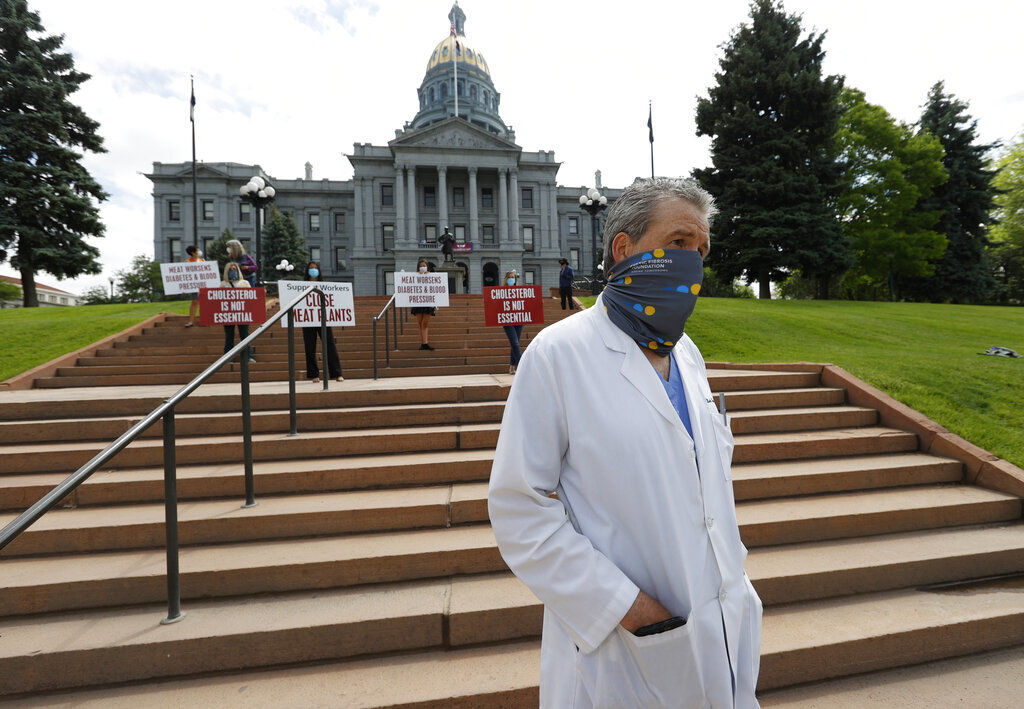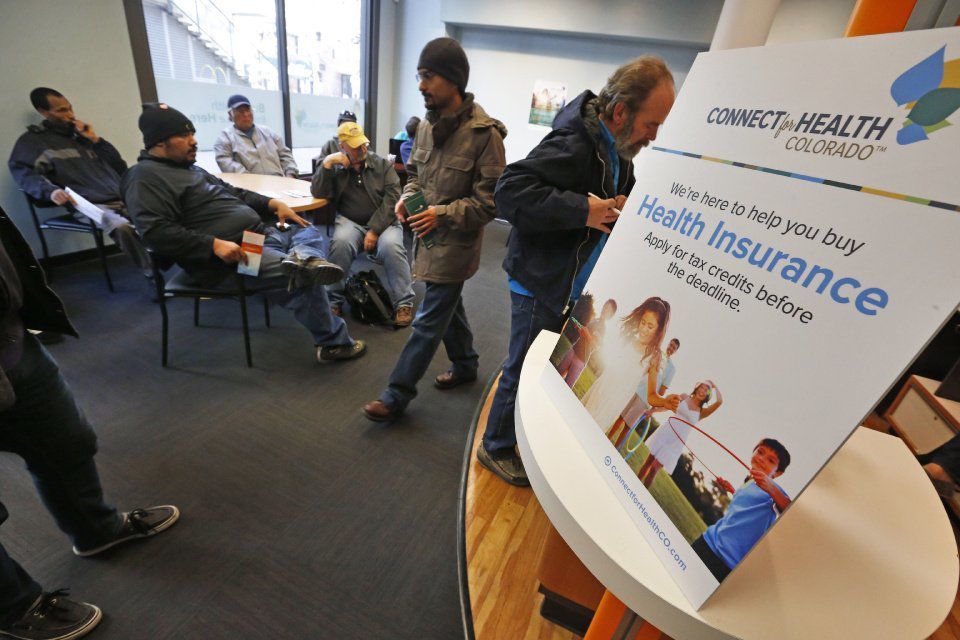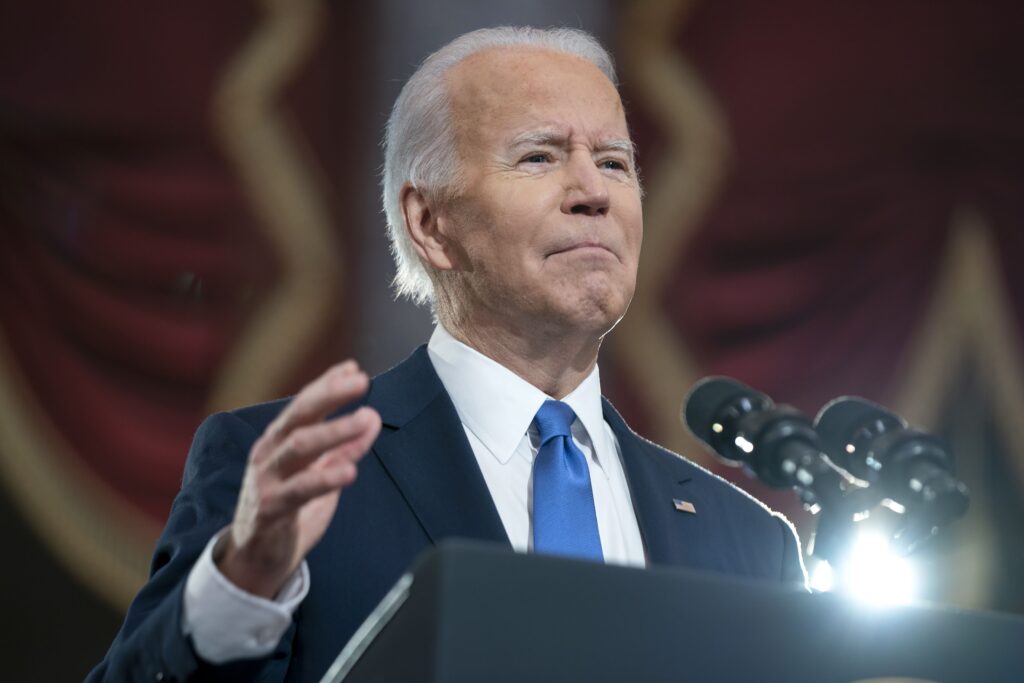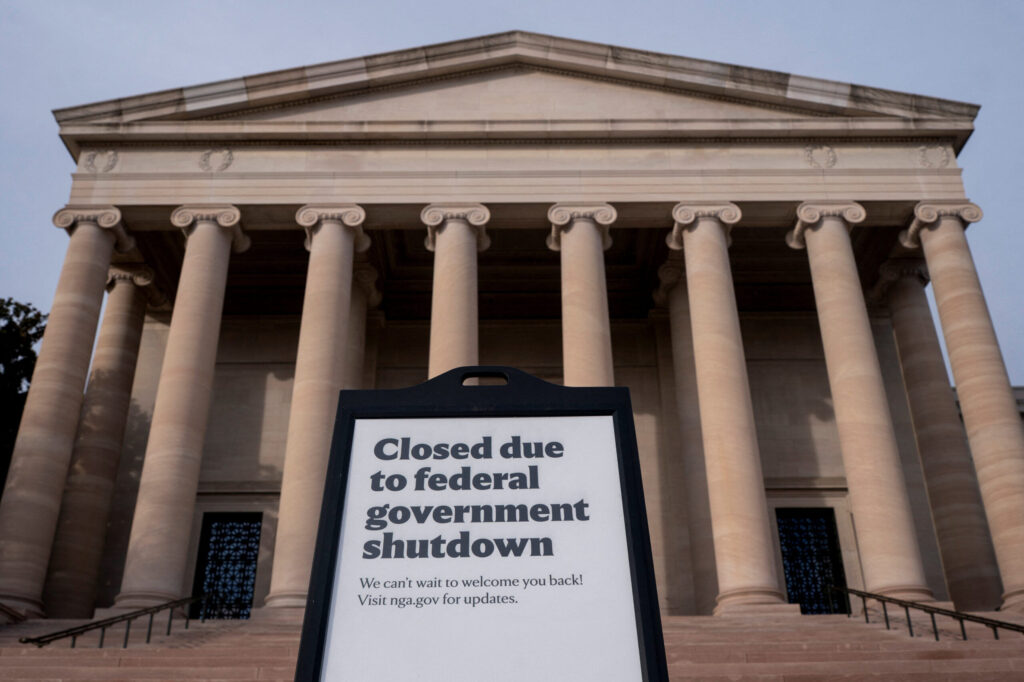Colorado’s non-coronavirus ‘excess’ deaths continue to mount

Since deaths due to the novel coronavirus began being tabulated, an unusually high number of deaths that weren’t classified as COVID-19 deaths have occurred at the same time.
Colorado hasn’t been spared by the ongoing trend, with hundreds of noncoronavirus “excess” deaths, on top of the state’s more than 1,736 deaths due to COVID-19.
The U.S. Centers for Disease Control and Prevention, which tracks and publishes the figures, estimates that as of July 25, there have been between 238 and 1,082 noncoronavirus deaths above what was statistically expected in the state.
The “excess” deaths are calculated by the CDC using normal mortality patterns applied to each state’s population. Anything above the upper threshold of a 95% confidence interval around the expected deaths is considered “excess.”
It would be normal to expect deaths to be either above or below the 95% confidence interval 5% of the time, or one out of every 20 weeks. But the number of deaths have only been above the expected range, not below, and nine times out of the year’s 30 weeks tracked so far.
In some areas hit hard by the virus early in the pandemic, like New York and New Jersey, tens of thousands of “excess” noncoronavirus deaths have been counted.
Researchers have said the phenomenon is expected during a pandemic, and that the “excess” deaths that aren’t counted as being caused by the virus are linked to it directly or indirectly.
Some of the deaths are expected to be deaths actually caused by the virus, but for some reason aren’t captured in the official counts. That could happen in the case that someone dies at home, but their death isn’t attributed to the virus, for some reason.
Others could be deaths that are hastened by the virus, such as someone who has a serious medical condition that was exacerbated by the virus.
Finally, some deaths can be caused by people not getting medical attention for an emergent medical situation, like a heart attack or stroke, due in some way to the impact of the coronavirus on the overall medical system.
If, for instance, someone had a heart attack or stroke, but delayed or decided not to seek immediate medical attention because of a fear of being at a hospital where they could contract the coronavirus because of hospitalized coronavirus patients. That could lead to an increased number of deaths from those conditions.
Or, in the case of a heart attack or stroke, if the nearest hospital were experiencing a lack of resources because of the demands of hospitalized coronavirus patients, that could also lead to an increased number of deaths from those conditions, some of which may have been preventable.
One critical message from physicians is that if a person is experiencing an emergent medical condition, like a heart attack or stroke, where the time before getting medical attention is critical, they should always seek the care they need, despite concerns about coronavirus.










